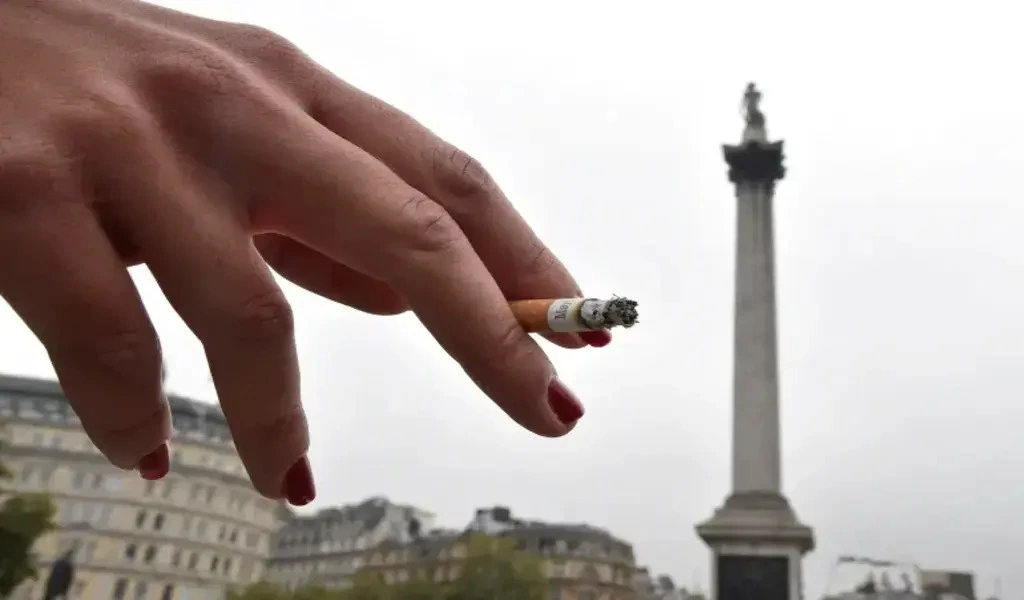(CTN News) – A snowballing economic burden caused by increased cigarettes consumption has prompted health experts to call for implementation of the World Bank’s recommendation for an increase in the Federal Excise Duty (FED).
“Increasing the FED on cigarettes will reduce smoking rates and ensure a healthier future for Pakistan’s youth,” said Amjad Qamar, Director of the Center for Research and Dialogue (CRD).
According to Qamar, Pakistan is one of the largest tobacco-consuming countries and the low cost of cigarettes is a major contributor to this. It is more affordable to buy cigarettes in Pakistan than in other countries in the region.
As a result of policies that are often manipulated by industry giants, especially multinational corporations, successive governments have failed to generate revenue and reduce the alarmingly high smoking rate.
Based on FBR yearbooks, the country has lost 567 billion rupees in revenue over the past seven years.
The Pakistan Institute of Development Economics (PIDE) conducted a study which revealed that the cost of smoking-related diseases and deaths amounted to Rs 615.07 billion ($3.85 billion) in 2019.
Malik Imran Ahmed, Country Director of Campaign for Tobacco-Free Kids (CTFK), referred to the World Bank’s report titled Pakistan Development Update, which reported a significant revenue gain of 0.
If the current price on premium cigarettes (Rs. 16.50 per cigarette) were applied to standard cigarettes, 4% of the GDP (PKR 505.26 Billion) could be saved.
Several economic and health benefits may be realized through this measure, as outlined in the report.
It is important to align cigarette taxation with the World Bank’s recommendation in order to protect Pakistan’s children’s health.
According to him, higher excise duties on cigarettes not only discourage smoking but also generate much-needed revenues for essential public services.
Prior to this, the International Monetary Fund (IMF)
As part of his recommendations, the OECD has also recommended overhauling Pakistan’s tax system and taxing non-essential items, including cigarettes, as a means of increasing revenue and improving the health of the population.
There is a recommendation by a global lender to introduce a single tier tax system as well as to increase tobacco taxes significantly.
According to the IMF’s Technical Assistance Report entitled “Pakistan Tax Policy Diagnostic and Reform Options,” released in February, the consumption of cigarettes in Pakistan has decreased by about 20-25 percent as a result of substantial increases in taxes on tobacco products.
SEE ALSO:






